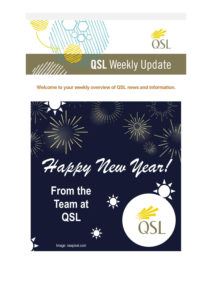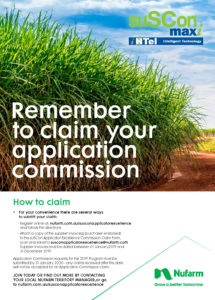QLD GOVERNMENT LAND RESTORATION FUND – FIRST ROUND FUNDING OPENS 28TH JANUARY 2020
The Queensland Government’s $500 million Land Restoration Fund (the Fund) aims to expand carbon farming in the state by supporting land-sector projects that deliver additional environmental, social and economic co-benefits.
The Fund will empower farmers, land managers and landholders with the support needed to generate additional, regular and diverse income streams and protect their business in tough times, through carbon farming projects.
A robust carbon farming industry in Queensland will create regional jobs and contribute to reducing Queensland’s carbon emissions, as well as providing valuable co-benefits like healthier waterways, more habitat for threatened species, and more resilient landscapes.
Applications for the first round of funding will open on 28 January 2020.
Opportunities for Queensland landholders, land managers and farmers
Queensland is well placed to be Australia’s major source of premium land sector carbon credits over the next two decades. Our large and complex environment gives us an advantage in the use of new carbon farming methods that also deliver environmental, social and economic benefits.
Regenerative farming, including carbon farming, offers landholders, land managers and farmers, a tangible way to create a better future for themselves and their families.
Through the Land Restoration Fund, participants can benefit from:
• diversified income
• increased land value
• greater productivity (increased income)
• increased employment (jobs)
• stronger, more resilient communities
• opportunities for collective effort.
Online tools can help potential applicants learn about the benefits from native forest regrowth and make informed decisions about participating in the Fund.
The LOOC-C (pronounced look-see) web tool, produced by CSIRO, is a landscape options and opportunities for carbon abatement calculator. It can assist land managers to decide which methods will be most suitable for their property. It allows land managers to quickly assess options on the land for certain projects offered under the Emissions Reduction Fund (ERF). Implementing the ERF methods identified by LOOC-C estimates increases in the amount of carbon contained in trees or soil in response to identified management activities.
Who can apply to the Land Restoration Fund?
Any Queensland land manager, who has the legal right to do so, can lodge an application either themselves or via an authorised agent. read more

